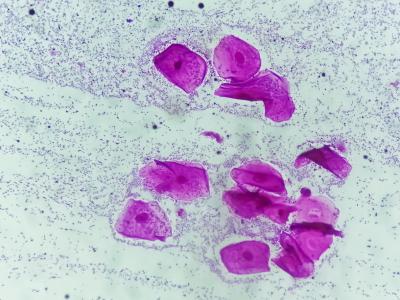Dec 4, 2003 (CIDRAP News) Thousands of US Customs and Border Protection (CBP) officers will help the Food and Drug Administration (FDA) inspect imported food under an agreement signed yesterday, according to the FDA.
The agreement allows the FDA to commission CBP officers at ports and other places to examine imported foods, the FDA said in a news release. "This unprecedented FDA-CBP collaboration significantly strengthens the implementation of the Bioterrorism Act [of 2002] to assure the security of imported food," the FDA said. CBP is part of the Department of Homeland Security.
Under the 2002 legislation, the FDA is requiring food businesses to give advance notice of imports so that the agency can decide which shipments to inspect. The agreement signed yesterday provides that the FDA can commission all the CBP agents the two agencies consider necessary to examine imported foods. The agencies will train the CBP agents for the task and will share information about the safety and security of imported foods, the FDA said. The agreement takes effect immediately.
The FDA also provided updates on the implementation of three other food security regulations developed under the 2002 bioterrorism law. One of these requires all facilities that manufacture, process, or hold food or animal feed for sale in the United States to register with the FDA. Close to 100,000 facilities have registered so far, the agency said. The agency estimates that about 400,000 facilities are subject to the registration requirement, which takes effect Dec 12.
The FDA plans to complete the two remaining regulations by the end of March 2004. One requires US food firms and foreign transporters to keep records on food shipments, while the other allows the FDA to detain food shipments that could be hazardous. The FDA said it is currently analyzing numerous comments it received concerning the rules. Until the final rules are set, the agency said it already has authority under the bioterrorism law to detain food shipments and obtain records concerning the sources and intended recipients of food shipments.


















